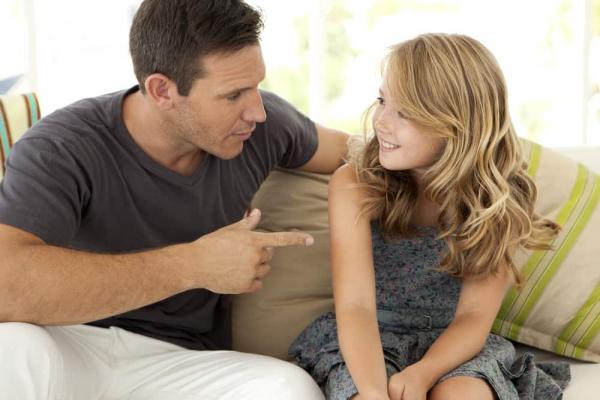
On November 13, 1995, terrorists bombed my husband's office, just a few blocks from our home in Riyadh, Saudi Arabia. About an hour after the bombing, I walked to the bus stop to pick up my kindergartener, Elizabeth, and her friend, Ashley, who had been rushed home early from school. I was picking Ashley up because her mom was at the hospital with her dad who had been severely injured in the bombing. I wasn't sure if he would live.
As the girls stepped off the bus, I hurried them away from our wounded neighbors awaiting medical treatment on the sidewalk nearby, and told Ashley, "You can come to our house while we wait for your mom to come pick you up."
As we hurried back to the house, Elizabeth asked, "What happened?" I said, "There was a bomb at Dad's office."
Ashley, who was clinging to my hand, asked, "What's a bomb?"
I swallowed and realized I had no words to answer her.
It's a sad reality that children are exposed, whether through media or personal experience, to acts of terrorism and war. Often they have questions that we struggle to answer.
Although these conversations are difficult, they are very important; and resources are available. The American Academy of Child and Adolescent Psychiatry has published suggestions for parents on how to talk to children about terrorism and war.
Answer their questions
Children might not know the words for things they are wondering about. Like Ashley, for example, they might not know what a bomb is, but they may still want to understand what is happening.
Use words and ideas your child will understand. For example, the word terrorist might not be a word your child knows, but they may understand that there were angry people involved.
Be careful not to stereotype. Use this opportunity to show compassion for those of all races, nationalities and religions who were injured physically and emotionally.
Don't overload your child with too much information. Answer their questions simply, but don't hide the truth. Be honest. Children are quick to recognize honesty; and in the midst of scary situations, honesty is reassuring.
Be prepared to answer similar questions over and over. Asking the same question again and again is a way that some children seek reassurance.
Remember that your child will watch your reaction to gauge how he or she should feel. Be honest about your feelings. It's OK to say that you are scared or angry and to talk about constructive ways that you are handling your own emotions.
Listen to them
Create a time and a place for your kids to talk about how they're feeling. After dinner may be a good time to ask if they feel safe, or to say you'd like to talk about some things that have happened recently.
Let your kids talk about how they are feeling. Listen, and validate their feelings. It's natural for kids to feel various emotions when they encounter violence. Let them know how they're feeling is normal.
Keep in mind that children tend to personalize everything. They may be worried that things they see on the news will happen where they live, or that their friends or family members who live closer to the violence will be hurt.
Give your kids outlets to express themselves. These might include drawing pictures about what they have seen or heard, playing with toys or writing stories. Encourage them to express what they are thinking: "That's an interesting picture. Can you tell me about it?"
Allow your child to express him or herself beyond the family if they feel that their voice needs to be heard. They can write letters to the President, the Governor, local newspapers, or make cards for grieving families.
Provide them with support
This can take many forms. You might want to talk about the safety procedures at your child's school after media coverage of a school shooting, talk about your own family's plan for how your child can reach you in case of an emergency, or simply have a snuggle session on the couch together.
Don't let children watch a lot of violent or upsetting footage on TV or on the Internet. Turn the coverage off when your children are around — especially young children.
Communicate with your child's teacher about any strong fears or concerns your child is struggling with so they can provide extra support and understanding at school as well.
Stick with predictable routines and schedules. These provide mental and emotional stability for children and give them structure to rely on.
Let children be children. They might not want to talk about it. If they appear unbothered and would rather climb a tree or kick their soccer ball around the yard, let them go play. You can always bring up the topic again if you notice signs that they are struggling.
Watch for signs of unusual stress
Some signs that your child may be experiencing trauma related to events or to stories on the news include physical symptoms, like unexplained aches and pains, preoccupation with violent games or movies, trouble sleeping, unusual separation anxiety when going to school or when parents leave for work, and persistent upsetting thoughts and fears.
If your child has been directly exposed to violence or is showing signs of trauma related to violence in the news, consider talking with your child's doctor for an appropriate referral or course of action.
How the story ends
Ashley's mom came to pick her up that evening, and her dad came home from the hospital about a week later, bandaged and scarred, but grateful to be home with his family. Counseling was provided for those involved in the bombings and their family members.
Terrorism and war are not easy for any of us. But children are resilient and can bounce back from traumatic events when provided with the emotional support they need.

